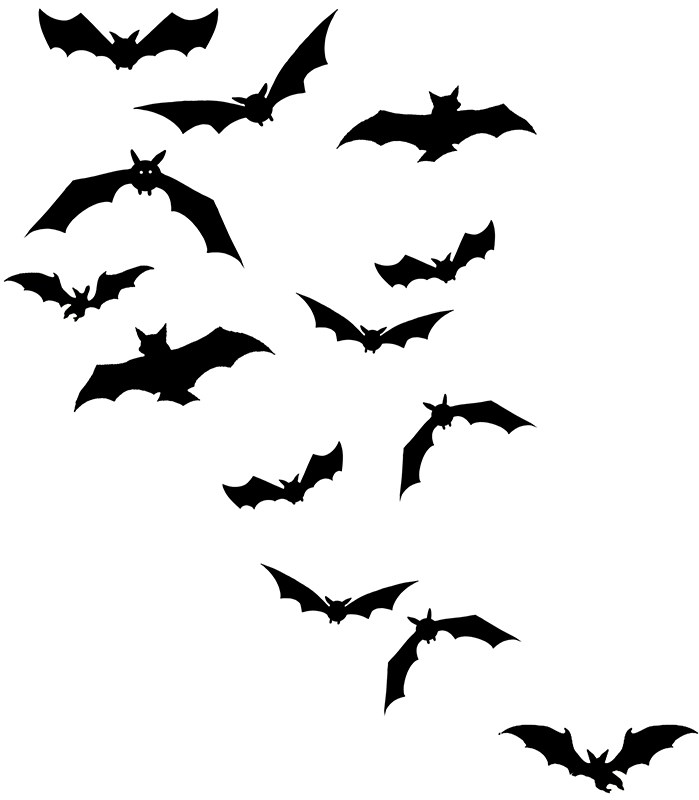Dave Watson
If you have bats in your belfry, then good for you.

Let me start at the beginning. I hate mosquitos. Unfortunately, mosquitoes love me. I find myself cowering indoors after dusk just to get away from the little menaces. But by making my property a bat-friendly environment I can provide my family with natural insect control.
These little flying mammals are great hunters of mosquitoes and other annoying insects. Research has revealed that a single bat can eat up to 1,000 mosquitoes per hour and thousands more over the course of an evening.
While providing all that good for me, I am doing my part by providing a haven for them. Many species of bat are at risk due to pesticide use and habitat loss. As it turns out, there is a whole bunch that I don’t know about my new favourite mammal.
There are 43 species of bats in Canada, eight of which reside in Ontario, and the awful truth is that over half of the world’s bat populations are close to extinction levels.
Along with pesticide-free pest control, bats have been used for a number of medical breakthroughs and vaccines. And their echolocation has been studied to adopt technologies to aid the blind.
There are four or five (depending on who is compiling the list) animals and plants vital for human survival, and bats, bees, fungi and plankton make every list. Bats are the primary pollinator of 500 plant species, control insects and spread seeds far and wide through their guano. Now that is sobering.
And speaking of sobering, the blue agave plant is one of those plants they pollinate. That’s right people, tequila! It seems the agave plantation owners are their own worst enemy by harvesting just prior to flowering. By not adopting bat-friendly practices the plants are losing their genetic diversity and resistance to disease.
So next the next time you are sipping on a margarita or having a shot of Patron, take a minute to think about bats.
What can we do to become bat-friendly? On Aug. 10, Jeff Bender, founder of the Canadian Institute for Bat Research, will discuss all things batty at a meeting of Green Drinks Sarnia. He’ll explain common misconceptions and facts about bats, and explain how to make your yard bat-friendly.
Sharon Peterson from Incredible Bats Chicago will also be in attendance. She is bringing two live bats (a straw-coloured flying fox and an Egyptian fruit bat).
Green Drinks meets the second Wednesday of each month at 100 Christina Street, starting at 6:30 p.m. Admission is free.
For more, visit www.greendrinks.org/ON/Sarnia or on Facebook: GreenDrinksSarnia
Dave Watson is the board President of Goodwill Industries Essex Kent Lambton, actively involved with a number of local non-profit organizations and an avid community supporter.
